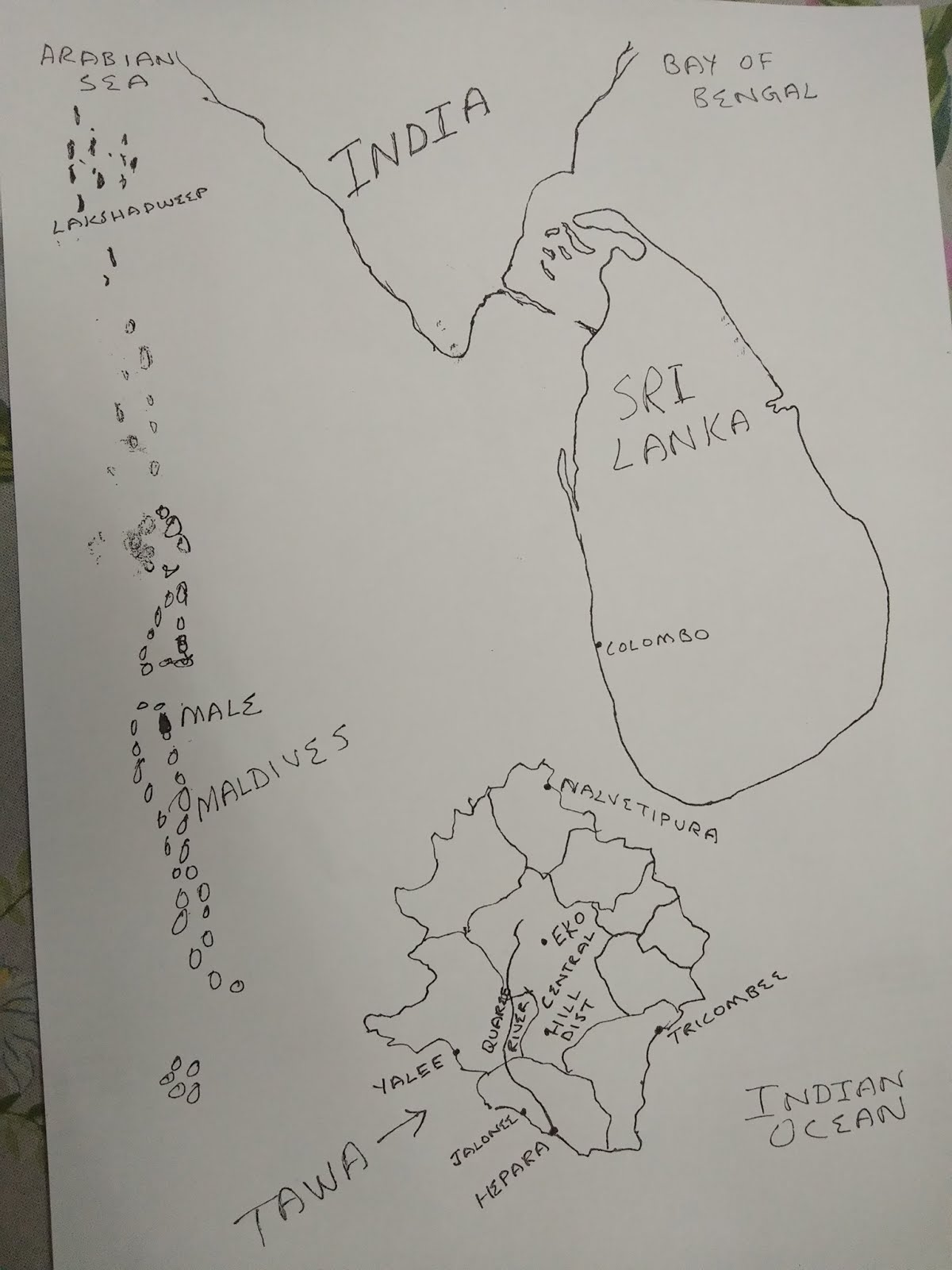Monday 17 September 2012
Book Review: “Green Zone – Imperial Life In The Emerald City” by Rajeev Chandrasekaran
When the US invasion of Iraq took place in 2003, I was in London, having arrived there less than a year earlier. There were demonstrations and protests against what was described by the left-wing press to be an unfair war against a legitimate government. I did not take part in the protests. This was mainly because I didn’t have much free time. I was doing a one year Masters degree at the LSE. I was about to get married. I was writing my first novel. I had a part-time job. Another reason for not taking part in the protests was that I actually thought something good might come out of the invasion. I had in mind the US track-record in countries such as Japan, Germany and Korea, which were rebuilt largely with American help and assistance. I thought that a country which could implement the Marshall Plan and carryout the Berlin Airlift was very likely to change Iraq for the better and possibly use it as a tool to democratise and improve the rest of the Middle-East. How wrong and naïve I was!
With the benefit of hindsight, I now wish I had taken part in the anti-Iraq protests that took place in London. It is now clear that the Yanks had a plan for invading Iraq, but none for its occupation and administration. The lack of planning and foresight totally destroyed Iraqi infrastructure and its once high standard of living. Not only does Iraq now have a Shia-dominated government that is sympathetic to Iran, it also continues to be very unstable, with Sunnis still fighting the government and Christians being hounded out.
Rajeev Chandrasekaran’s Green Zone was released in 2006/2007 and has been on my reading list for a very long time. Chandrasekaran’s masterpiece only confirms what we all know by now, that just as the Berlin Airlift was America at its finest, the Iraqi occupation displays America at its nadir. Chandrasekaran was the Washington Post's bureau chief in Baghdad in 2003 and 2004 and therefore had firsthand access to the Green Zone, in the heart of Iraq where the Coalition Provincial Authority (CPA) had its head quarters, and the world outside the Green Zone. In chapter after chapter, Chandrasekaran lays bare the ineptitude of the CPA and how Iraq slipped into disaster.
Almost all appointments to the CPA went to Republican Party loyalists who were looking to make some quick money and/or fill up their CVs. Most of them didn’t really care about Iraq or if they did, they went about helping Iraq the wrong way. Some stupid decisions were really, really stupid, like the disbanding of the Baath party and excluding Baath party loyalists from all government posts and the demobilising of the Iraqi army. The US armed forces were much more concerned about maintaining their soldiers in comfort than in rehabilitating displaced Iraqis and rebuilding Iraq. Creating a comfort zone for the soldiers and marines meant serving bacon and other pork products in a country where pork is haraam. The Americans just didn’t care. Contractors siphoned off huge chunks of money using inflated bills.
There were a few stories which, for me, conveyed the sheer tragedy of the Occupation. One was the story of Walid Khalid, an Iraqi who used to work for pizzeria next to the Trevi fountain in Rome. Returning to Iraq after its ‘liberation’ from Saddam, Walid Khalid set up an authentic Italian eatery just north of the Green Zone and waited for the expected American customers to arrive. However, the Americans never came, since they had everything they needed inside the Green Zone, which always had electricity and air conditioning even when the rest of Iraq was starved of power. Then there's the story of a Press liaison officer who could not speak a word of Arabic. At the end of the book, we are told that USD 25 million has been set aside for Iraqi universities. However, Iraqi universities do not get the money which is instead given to US universities which want to establish partnerships with Iraqi institutions! I could go on and on, but I’ll spare you.
Amidst all that rubble, there was one happy ending. This is the story of how a State Department staffer named Alex Dehgan was sent to Iraq to reach out to former Iraqi scientists and re-direct them to harmless avenues, before they were snapped up by the Iranians or others not-so-well-disposed towards America. Chandrasekaran tells us that Dehgan had considerable success since he broke all rules and because he was not part of the CPA.
Towards the end of the book, we see First Sergeant Jerry Swope lead a platoon of soldiers in Humvees to Sadr city to escort and protect three septic tank trucks as they went on a mission to vacuum pools of sewage bubbling from corroded underground pipes. After one round of vacuuming, the Iraqis driving the septic tanks leave, telling Swope that they feared for their lives. Unknown to Swope, the previous night American special forces had arrested Moqtada al-Sadr’s deputy and war had been declared. The Humvees run into an ambush on their way back and many precious lives are lost on both sides. One does wonder how the Americans managed to antagonise the Shi’ites after having liberated them from Saddam.
The story of the Green Zone is the story of human arrogance, greed and corruption. It is also a tragedy.
Subscribe to:
Post Comments (Atom)







No comments:
Post a Comment